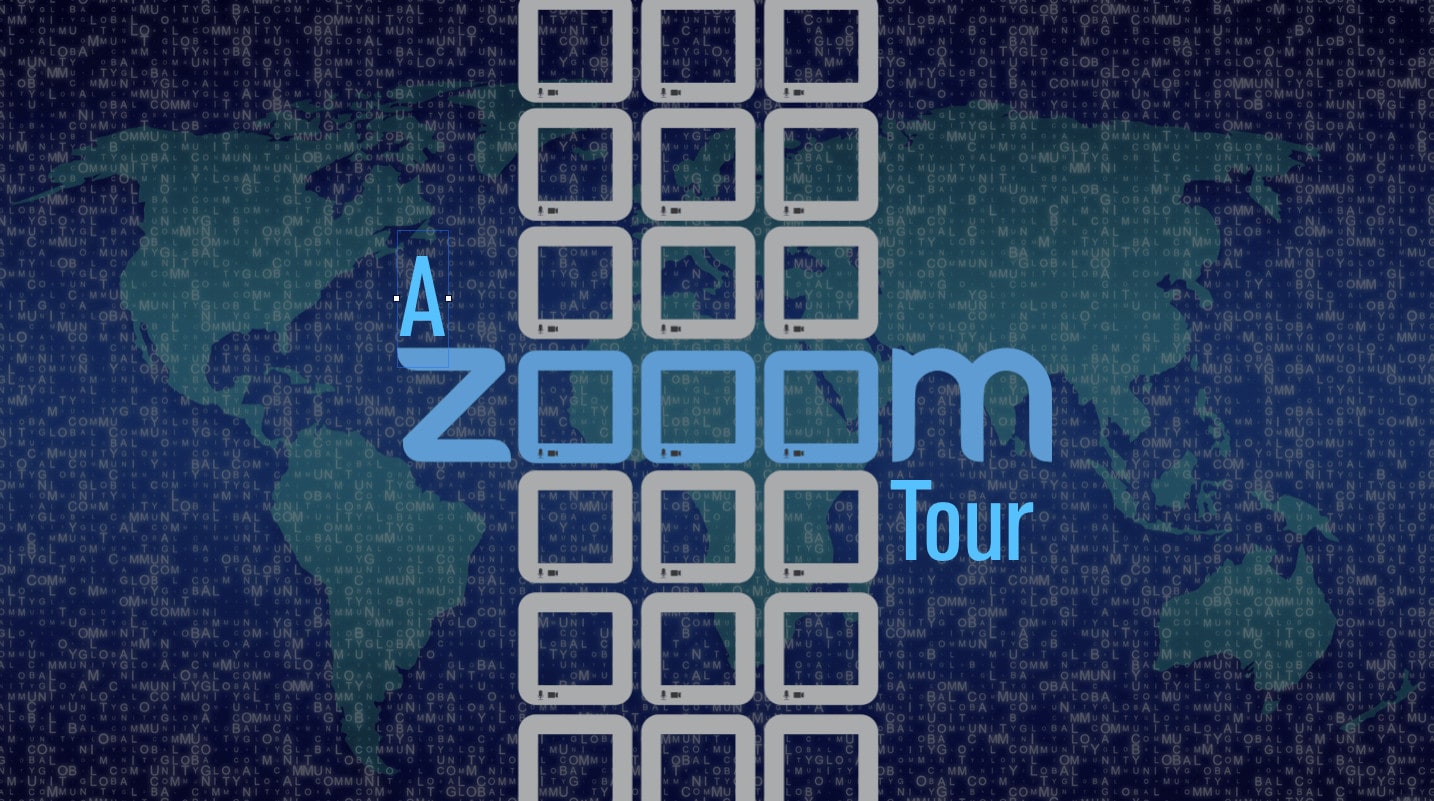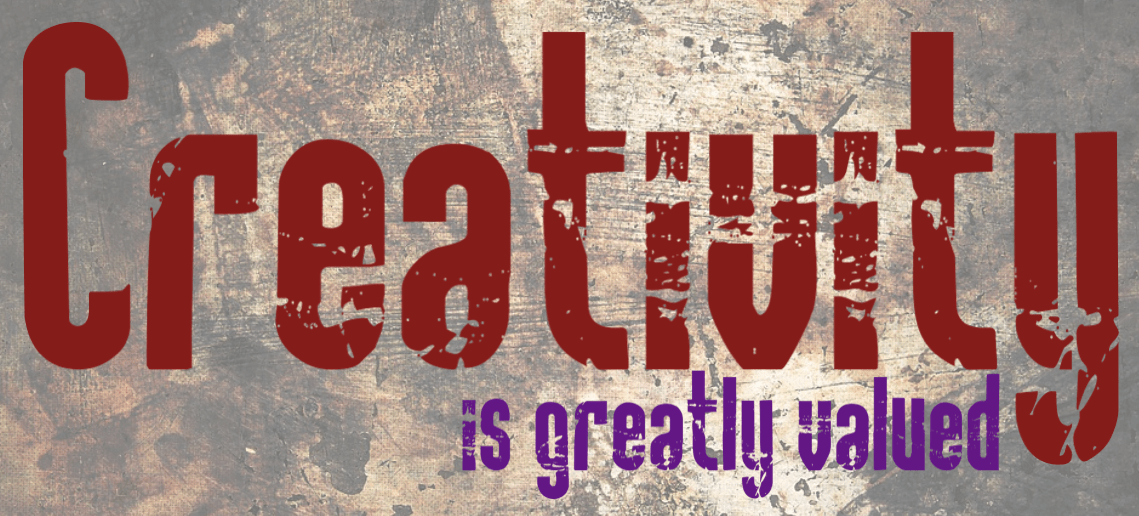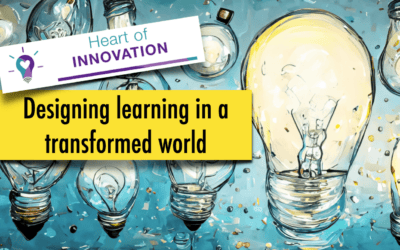Imagine controlling machines, typing text or juggling balls using nothing but the power of thought. What sounds like far-fetched science fiction is gradually becoming possible, providing hope for disabled patients — and new gimmicks for the computer gaming industry. Read more in Playing With Your Head: The Dawning Age of Mind-Reading Machines
What implications do these new technologies have for learning and education? I mean even Mattel is getting into the action… As the article says
The new system Mattel is introducing at computer trade shows is called “Mindflex.” According to the company’s fact sheet: “A true mental marathon, Mindflex exercises the brain in an entirely new way as players learn to continuously control their brain activity.”
So, you ask, how does it work? To train the brain, the user puts on a headband with sensors at the temples and a cable connected to something that looks like a mini miniature golf course. Then the user tries to master the first task: balancing a small ball above an air current, causing it to levitate and making it pass through a plastic ring.
At this time these interfaces work only in one direction, from the brain to the computer. But can the reverse, from computer to the brain be far behind? The power being discussed here is truly revolutionary. We have all known that computers are cognitive tools i.e. working with them changes the way we think. However, at some level changes in brain states are mediated via our senses and through movement, a somewhat inefficient process. What these technologies indicate is the future is in a merging of our brains directly with the computer… where the distinction between us and the machine will be increasingly blurred till we won’t be able to tell one from the other. Imagine having access to Google like search engines whenever a question pops up in our heads? How can we tell where the brain ends and the machine begins?





0 Comments